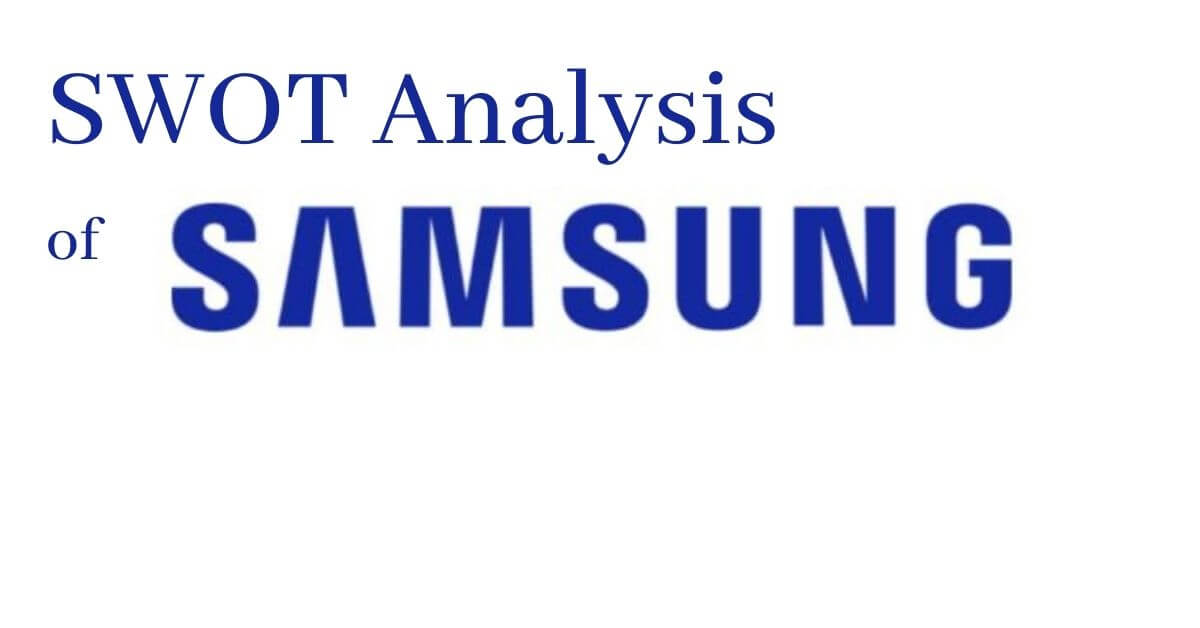Swot analysis of Volkswagen. Volkswagen AG is an automobile manufacturing German multinational company. German Labor Front laid the foundation of the automotive company in 1937. The headquarter of the company is in Wolfsburg, Germany.
Volkswagen’s main products and services are;
- Leasing,
- Passenger Vehicles,
- Insurance,
- Commercial Vehicles,
- Fleet Management,
- Motorcycles,
- Financial Services,
- Engines, Banking,
- Turbomachinery,
- Propulsion Components.
According to an estimate, the annual revenue of Volkswagen in 2022 was 284.21 billion dollars, and it has decreased by 2.43%. Out of which, the net income of the automotive brand was 24.85 billion dollars, and it has increased by 6.05%. However, the automotive company has employed over 671,205 employees to manage the company’s various operations worldwide.
Volkswagen’s top competitors are;
- Tesla,
- Toyota,
- Koenigsegg,
- General Motors,
- Honda,
- Zorya,
- Chevrolet,
- Daimler,
- Fiat Chrysler Automobiles,
- Hyundai,
- Ford,
- Renault Nissan.
Today, we’ll discuss the swot analysis of Volkswagen. It’s going to analyze in internal and external factors of the world’s leading automobile manufacturing company. For macro-environmental factors, check out pestle analysis of Volkswagen. Here’s the swot analysis of Volkswagen as follows;
Strengths of Volkswagen
Communal Work Environment
The manufacturing units of Volkswagen have a community-type close family environment. Where support staff members, designers, team leaders, supervisors, welders, and technicians work and live in a small community of the same organization. It enchases the work productivity of the automotive company.
Alliances & Partnerships
Volkswagen has developed partnerships and alliances with the world’s top tech companies like Amazon and Microsoft for the development of e-mobility services and autonomous technology. The automotive company has realized the significance of technology in the 21st century. That’s why the brand reached out and partner up with the best in the tech industry.
Management System
Volkswagen’s manufacturing plants are producing hundreds of thousands of vehicles every day. Whereas the other automotive companies are facing the supply chain and material deficiency crisis, it’s because of the effective management and supply chain system.
Research & Development
Volkswagen has invested a plethora of resources in the research and development of hybrid technology, electric vehicles, motorcycles, and the efficiency of combustion engines. It has allowed the automobile company to launch electric vehicles, improve the performance of its vehicle, and gain a competitive edge.
Restructuring Strategy
The 2015 diesel emission scandal has made Volkswagen realize to restructure the company’s strategies and objectives. However, the CEO of Volkswagen, Mattias Muller, has divided the company’s strategy into three phases.
The first phase comprised developing electric vehicles from 2016 to 2020, and the company launched it successfully. The second phase is to increase the company’s profitability from 2021 to 2025. The third phase would be to mass-produce electric vehicles from 2025 onward.
Global Network & Sale
Volkswagen is operating its automotive business empire in more than 160 countries across the globe. However, the automobile brand has 124 manufacturing units in over 10 countries in Asia, America, and Africa. The company has sold approximately 9,305,400 vehicles in 2020. It has dropped from 10.9 million vehicles in 2019 due to the pandemic crisis.
Brand Value
According to an estimate by Forbes, the market capitalization of Volkswagen in 2020 was 70.4 billion dollars. The company ranked at the 8th position of the world’s most valuable brand. However, the brand value of the company in 2022 was 14.819 billion dollars according to the ranking of Interbrand.
Business Diversification
Volkswagen isn’t just relying on the sale of vehicles. The automotive company has diversified its business portfolio into two sections; financial services and automobiles. It has allowed the company to lower the risk factors.
Product Portfolio
Volkswagen has such a vast and diverse product portfolio to cater to the needs of different types of customers depending upon their demands. However, the company sells its vehicles under different brand names like Porsche, Skoda, Audi, Bentley, Bugatti, and Lamborghini. It ranges from ordinary users and luxury vehicles to sports cars.
Recognized Brand
Volkswagen has been in the automobile industry for over 80 years. The company is selling its vehicles in roundabout 160 countries worldwide. However, people can easily recognize the iconic logo of VW.
Weaknesses of Volkswagen
Poor Marketing Strategy
Volkswagen doesn’t follow aggressive marketing strategies for the promotion of its products, especially outside of the European market. The automotive company usually collaborates with the marketing of other brands. For instance, the company worked with JAC to manufacture low-cost electric cars in China.
Lower Diversification
Baby boomers had the craze of owning vehicles and Volkswagen was focusing on increasing sale. Now, we’re moving into the world of shared economy, where millennials and Generation-Z don’t choose to acquire things. They prefer to share and rent things out. Volkswagen is weak in this area of diversity.
Scandal
There was a scandal in 2015 claiming that Volkswagen had installed some kinds of applications and software to cheat the carbon emission test. The court found the company guilty, and the company had to pay a penalty of a total of 30 billion Euros in various countries. The incident jeopardized the company’s reputation to a great extent.
Opportunities available to Volkswagen
Autonomous Vehicles
Volkswagen is working on the technology of the autonomous vehicle. The company would soon launch its electric autonomous vehicle model Volkswagen Kombie and it would be the electric taxi cab. It has joint hands with Ford to collaborate on self-driving technology. However, Uber, Tesla, and Google are leading the autonomous vehicle market.
Developing Markets
The middle class is growing in the emerging markets of Latin America, the Middle East, Africa, and Asia. That’s why automobile brands are entering these markets. However, Volkswagen should also expand its market in developing countries.
Environmental Friendly Technology
As we know that the world has become environmentally cautious and people want a less polluted mode of transportation. That’s why many automotive companies are exploiting the trend of electric technology.
However, Volkswagen has allocated 60 billion Euros for the development of electric vehicles. The company also plans to produce 20% of the electric vehicle from 2025 onward.
Economical Ride
The trends of sharing rides and rental services are also increasing. Volkswagen should exploit the ride trends. It would help the company to cover the millennial market.
Threats Volkswagen has to face
Controversial Ads
Volkswagen posted an advertisement on Instagram that contained racist content and it offended a lot of people. However, the company removed the video later on and sent a public apology to all the customers. It pushed away many customers.
Economic Recession
The economic recession has badly impacted the sale and the overall revenue and profitability of the company. However, it even impacted the purchasing power of customers more. It would take a lot of time for the economy to get better.
Competitors
Koenigsegg, Zorya, Tesla, Toyota, Honda, and Ford are some of the main competitors are Volkswagen. Their market share is increasing in the automotive industry. However, the company has to face competition in various categories like electric vehicles, ride-sharing, sports vehicles, and ordinary vehicle companies.
Lawsuits
Volkswagen is facing lawsuits in various countries like the US, France, UK, and the EU. The fines and penalties are costing the company millions of dollars.
Conclusion: Volkswagen Swot Analysis Example Company
After an in-depth study of the swot analysis of Volkswagen, we’ve concluded that Volkswagen is indeed the world’s leading automobile manufacturing company. Costly lawsuits, competitors, scandals, and poor marketing strategies are some of the main challenges. Volkswagen should follow the regulation to lower the fine costs; while keeping in mind the internal strengths weaknesses; external opportunities threats of automobile company swot analysis example company.

Ahsan Ali Shaw is an accomplished Business Writer, Analyst, and Public Speaker. Other than that, he’s a fun loving person.


